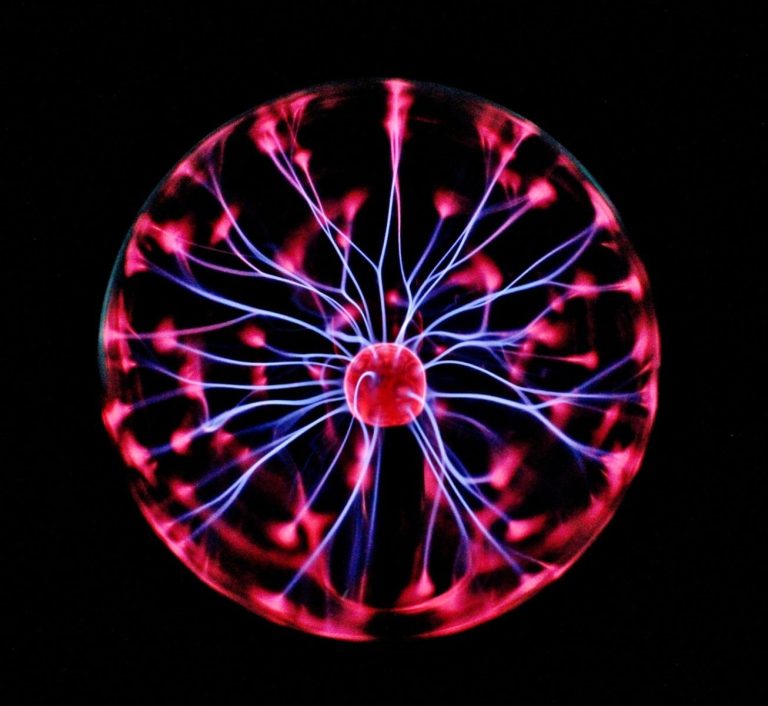With increasing policy that provides relaxed laws surrounding marijuana use, it can be difficult to tell when someone’s occasional use – for medical or recreational reasons – has become problematic.
But the National Institute on Drug Abuse provides some insight: “Marijuana use disorders are often associated with dependence—in which a person feels withdrawal symptoms when not taking the drug. People who use marijuana frequently often report irritability, mood and sleep difficulties, decreased appetite, cravings, restlessness, and/or various forms of physical discomfort that peak within the first week after quitting…Marijuana dependence occurs when the brain adapts to large amounts of the drug by reducing production of and sensitivity to its own endocannabinoid neurotransmitters,” the government source explains.
For more, see: For Marijuana Addiction Treatment, Research Supports Behavior-based Rehab
This dependence or addiction can impair regular functioning when the drug is not being used, causing relationships, work and emotional issues from the withdrawal.
But marijuana rehab is available for marijuana addiction, and it’s foundation is rooted in knowledge of the brain’s behavior when hooked by addiction.
A better understanding of how marijuana affects the brain can lead to a more compassionate and effective treatment plan. In the short-term, marijuana has a quick effect – within 30 minutes to an hour. THC, or tetrahydrocannabinol, is a component in marijuana that can treat spasticity, chronic pain, nausea, dizziness, impaired memory and problem-solving, hallucinations, mood changes and euphoria. “When a person smokes marijuana, THC quickly passes from the lungs into the bloodstream. The blood carries the chemical to the brain and other organs throughout the body,” the National Institute on Drug Abuse explains.
As you can imagine, marijuana use can lead to a combination of pleasurable and uncomfortable short-term effects.
Long-term, however, the marijuana use becomes more problematic. Marijuana use before the age of 25, while the brain is still significantly developing, is especially problematic. Such early marijuana use can impair thinking, memory and learning functions, impairing connections built in the brain during those formative years, especially in teenage-hood.
Most notable are findings about memory-loss from long-term use of marijuana. Because THC effects the hippocampus, the area of the brain associated with memory recall, it can again slow production of connections between neurons in that area of the brain. The National Institute on Drug Abuse explains the findings from studies on lab rats and marijuana use, “As people age, they lose neurons in the hippocampus, which decreases their ability to learn new information. Chronic THC exposure may hasten age-related loss of hippocampal neurons. In one study, rats exposed to THC every day for 8 months (approximately 30 percent of their lifespan) showed a level of nerve cell loss at 11 to 12 months of age that equaled that of unexposed animals twice their age.”
There are ways to stop using the drug, and those marijuana rehab and treatment plans take the brain’s reception of THC into consideration. Effective marijuana rehab programs use a three-pronged approach:
- Cognitive-behavioral therapy: A form of psychotherapy that identifies faulty cognitions and reinforces self-control and other productive behaviors
- Contingency management: An approach that monitors use and rewards lack of use, reinforcing positive, healthy brain structures and thinking patterns.
- Motivational enhancement therapy: A therapy that harnesses and encourages the individual’s internal willpower and engagement in treatment, reinforcing their own control over the process.
These therapeutic techniques are effective psychological tools that empower the individual to develop more effective decision-making and reinforce positive behaviors by playing on connections in the brain. It’s important to find a treatment program that includes proven-effective strategies to unhooking the brain from marijuana addiction.

